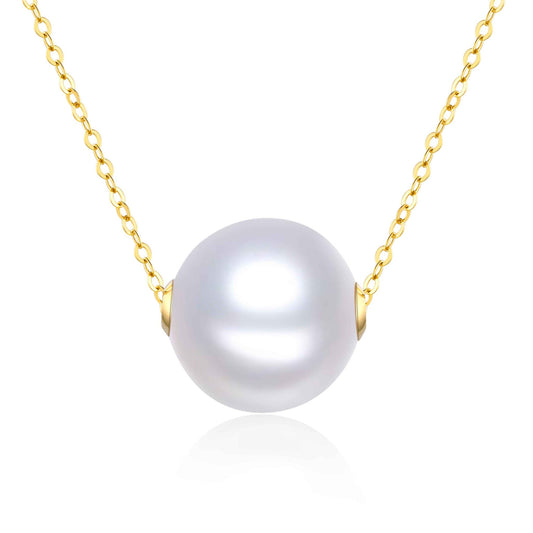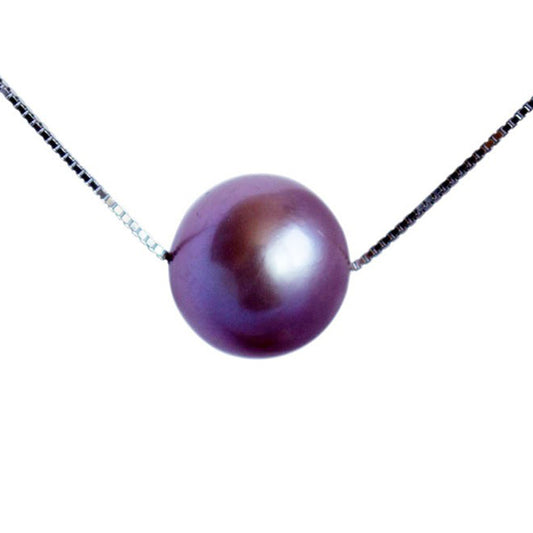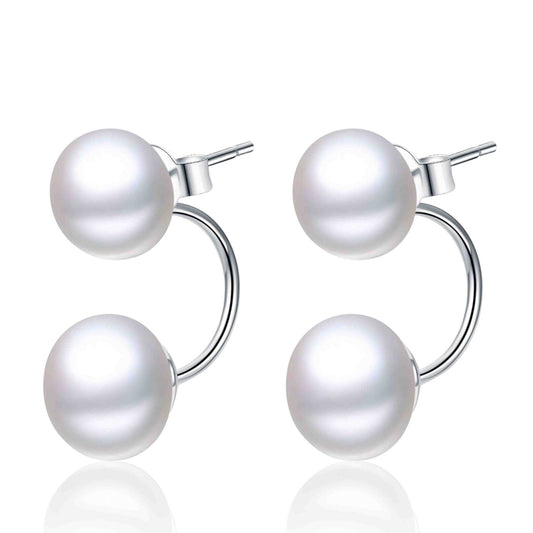She rejected a conventional life to fight for the rights of women as equals
One tends to believe that if you have a difficult start in life, your future is doomed. But oysters teach us that if you keep your head up and continue working, you will eventually find a pearl inside. We believe that people are like oysters, and that we can channel our difficulties and obstacles in such a way that we take an ordinary – and sometimes not so ordinary – life and turn it into a pearlescent legacy. In honor of this unique human quality, we are publishing a series looking at women who have lived their lives like pearls. This is another installment of the Living like a Pearl series. Find the other stories here.
________
When Simone de Beauvoir was born in Paris, 1908, women could not vote. If they wanted to work, they needed permission from their husbands. They could not have their own bank account, and education for girls was still a relatively new thing. Though women were considered responsible for household duties, like cooking, cleaning, and raising children, fathers held full parental control and all legal decisions relating to the children were made by men alone.
This may seem like a very unfavorable time for a woman to be born, especially a woman like Simone de Beauvoir: one of the most prominent feminists of the 20th Century. But the old lesson about the grain of sand that an oyster turns into a pearl, holds especially true for Simone.
She embodied true grit. When her family lost much of their fortune after World War I, decreasing her chances to get married because she could not offer a dowry, she saw it as an opportunity to start earning her own money and started teaching. In fact, she did not seem to care for a conventional marriage at all. She had a proposal from the French philosopher Jean-Paul Sartre, but instead she chose a controversial life-long sexual, non-exclusive relationship with him, which also involved reading each other’s work.
When the couple was interviewed, Sartre was more often asked about his work, while Beauvoir was more often asked about her personal life. She never called herself a philosopher – rather the ‘midwife’ of Sartre’s ideas. And often, she was said to be echoing Sartre’s ideas instead of creating her own. But all of this just made her work, and the ideas she would lay down about a woman’s right to equality, all the more important.
Beauvoir had strong ideas about life’s meaning. She contributed to the foundations of existentialism when she argued that humans are not born with a predestined purpose, but that each human should create their own meaning in life. It was when she realized she wasn’t as free as men to create her meaning that she started writing and forming more of her feminist ideas.
She famously said that ‘one is not born, but becomes, a woman’ in her book, The Second Sex, published in 1949. She argued that to become a woman was to become the ‘other’ since women were considered second to men. She said that the second position in society prevented women from pursuing their life’s dreams in the same way that men could. Since the publication of The Second Sex, many writers have expanded on this idea of the ‘other’ to include issues like race and gender identity. And her work is still relevant today, as we watch the world struggle with these issues more than 30 years after her death.
By the time she died in 1986, Beauvoir had received three prestigious literary awards, published many essays, short stories, novels, academic texts, and even a collection of Sartre’s letters. Today, no-one hesitates to call her a philosopher in her own right. And that’s in addition to her titles of writer, social theorist, intellectual and political activist.
Though we may think she lived in terrible times for a woman, it is exactly because of these times that she could point out the unfairness and leave us a changed society. She turned these circumstances into a pearl of wisdom and insight from which society at large has benefited and still does.




